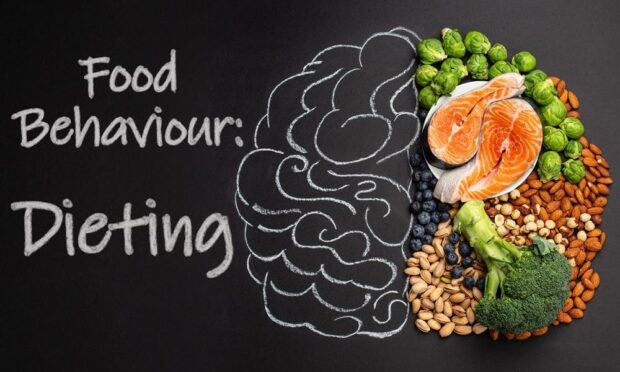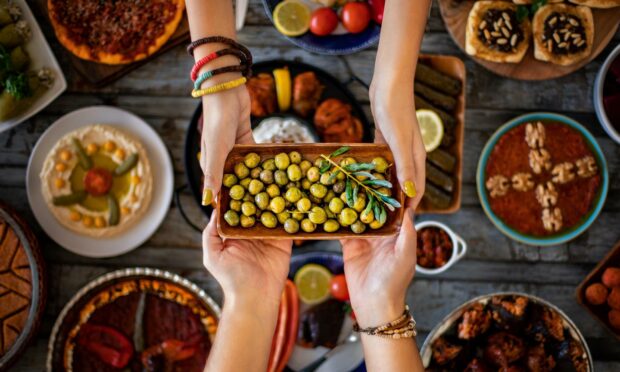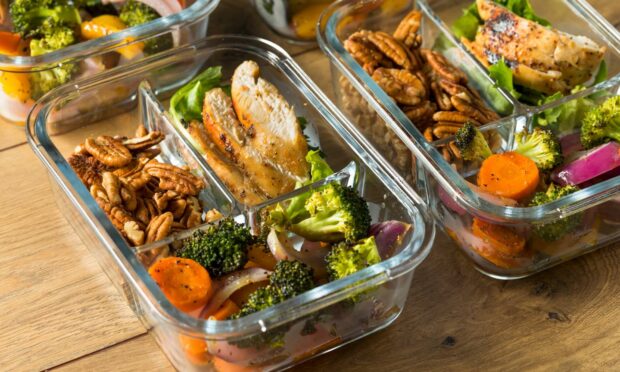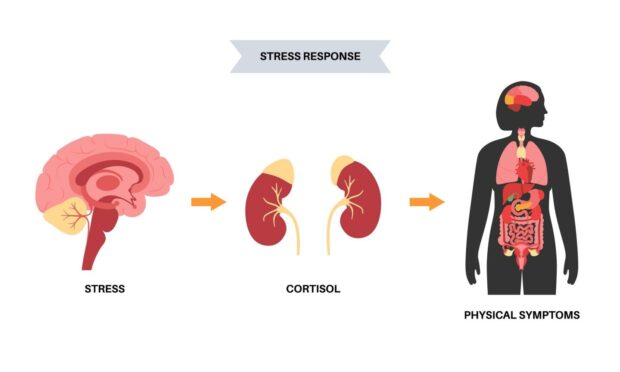Today’s food behaviour series is about the origins of dieting and how it influences the body, weight loss and behaviour.
In today’s society, dieting is often marketed as the most effective way to control changes in weight and reduce unwanted weight gain.
The definition of a diet or dieting according to Oxford Languages is to “restrict oneself to small amounts or special kinds of food in order to lose weight.”
There is much dispute over when dieting officially started, but the word ‘diet’ was invented in ancient Greece. However, in its original context diaita was more than just reducing food – it was a balanced way of living and encompassed food, drink, exercise and lifestyle.
Fast forward to 1863 when the first mainstream diet “Banting” was created and publicised by William Banting. It included eating four meals a day, consisting of greens, fruits, meat and dry wine and reduced the intake of sugar, breads and potatoes.
Since then, thousands of diets have been created and followed including the Atkins Diet, Low Carbohydrate Diet, Keto Diet, Low-fat Diet, DASH Diet and more.
At its core, eating is the way by which we intake energy to use for movement, thinking and is central to most of our biological systems. Eating provides key ingredients for the body to survive, but in many cases, we indulge in overeating and turn to diets for salvation.
What happens to the body when you diet?
According to a study by Kennedy in 1953, our bodies regulate the amount of fat we have using a set point. Our brains have a set point at which it believes this is the correct amount of body fat for us, and will try to preserve this fat reserve as it knows how much we need to survive.
As a result, any discrepancy between the level of intake into the body and the set point will cause the body to shift its functioning in order to preserve this body fat percentage.
When we diet, the body sees this as a potential threat to its fat storage and energy levels due to the reduce intake of food. As a result, it will affect our metabolic rate i.e., change the way our body cells convert the food we consume into energy, in order to maintain itself at this ‘settling point’.
For example, if you chose to follow a low-calorie diet, initially you may see a decrease in weight, but then the body would slow down your metabolic rate in order to maintain the weight you have and you will experience a plateau in weight loss.
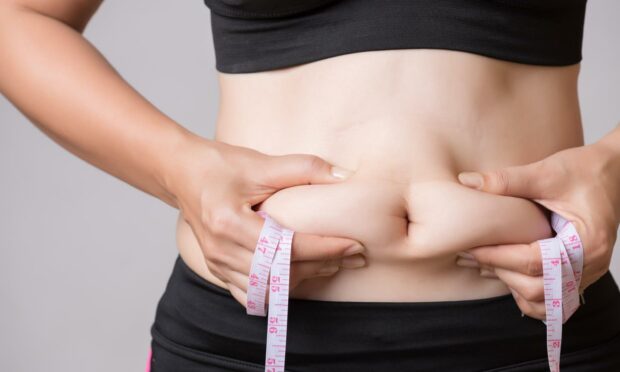
Diets can affect your behaviour too
Have you ever experienced ‘hanger’? An emotional response of feeling bad-tempered or irritable as a result of hunger.
Many people will experience this, and in fact it is a natural biological response that the body creates when it does not receive enough food.
When our blood sugar levels are low, due to a lack of eating and reduced energy intake, our bodies will trigger a range of hormones to regain balance.
The hormones released include cortisol and adrenaline, more commonly known as the stress and fight-or-flight hormones, and are responsible for ensuring our bodies remove us from any danger.
When these hormones release into the bloodstream our natural instinct is to look for food. In the meantime, we can be very irritable and, in some cases, quite angry until we eat and regain that balance.
When we diet, we are essentially releasing these hormones into our bodies causing large amounts of stress and angst to the body.
As a result, diets can often make us feel very irritable and upset, and the long-term ineffectiveness can make dieting seem very unfulfilling.
What is a healthier approach to take?
Ultimately, diets aren’t really worth the time or effort. In many cases they are a marketing fad trying to sell you a short-term gain rather than a long-term change.
With the same approach as the ancient Greeks, it is much better to try and maintain a balanced lifestyle of food, drink and exercise in order to help the body naturally find a new and lower ‘settling point’.
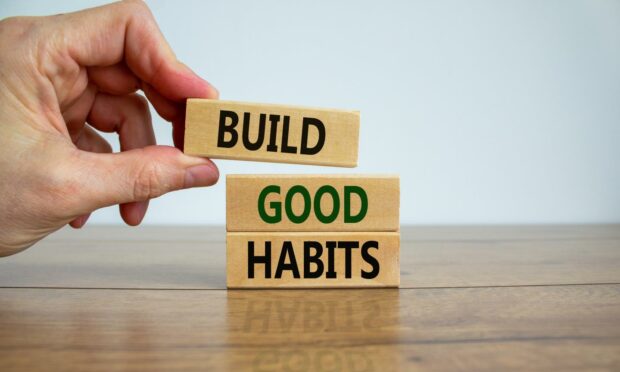
According to the NHS there 12 habits can help aid healthy weight loss:
- Do not skip breakfast – it is vital to help kick-start the day
- Eat regular meals – to stop your body experiencing hanger
- Eat plenty of fruit and veg – at least five or more a day
- Get more active – do an activity you enjoy for at least 30 minutes a day
- Drink plenty of water – to make sure you don’t confuse your thirst with hunger
- Eat high fibre foods – these will keep you full and can any food from plants, such as fruit and veg, oats, wholegrain bread, brown rice and pasta, and beans, peas and lentils
- Read food labels – to help you understand how much energy you are consuming
- Use a smaller plate – to help regulate your portion size
- Do not ban foods – it will only make you crave them more
- Do not stock junk food – this will help reduce the temptation to eat it
- Cut down on alcohol – as it has a very high sugar and calorie level
- Plan your meals – to help with sticking to a healthier way of eating
By applying these 12 steps into daily life you can implement habits that create a healthier lifestyle, rather than following impractical and pointless diets.
This article is part of an ongoing series where topics around food and drink and behaviour will be discussed.
If you have any suggestions on topics you would like to read about, please provide your suggestions in the submission form below.
If you enjoy reading food and behaviour content, please see my website Behavioural Foodie.
